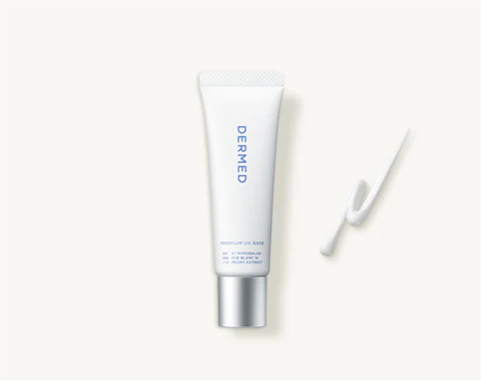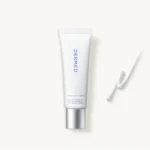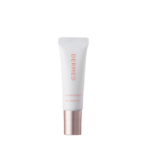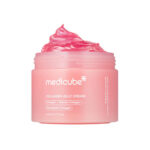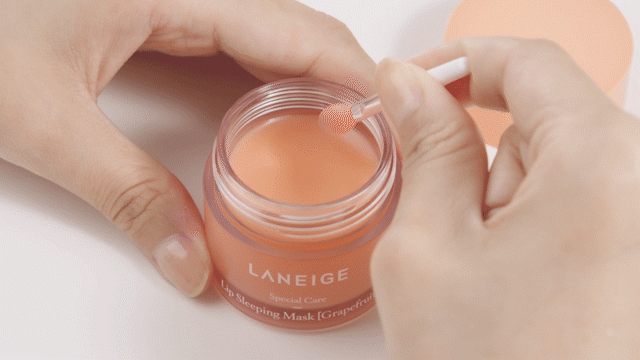Skincare is a critical aspect of maintaining overall health and well-being. With the rise in pollution, increased exposure to harmful UV rays, and the natural aging process, protecting and caring for our skin has never been more important. This article delves into the revolutionary world of anti-aging and sunscreen creams, offering insights into their benefits, ingredients, and usage tips to help you make informed decisions and achieve healthier, younger-looking skin.
Understanding Anti-Aging Creams
Anti-aging creams are specially formulated skincare products designed to combat the signs of aging. These creams often contain a blend of powerful ingredients that work together to reduce wrinkles, fine lines, and other age-related skin issues.
Key Ingredients in Anti-Aging Creams
- Retinoids: Known for their ability to promote cell turnover and boost collagen production.
- Hyaluronic Acid: Helps retain moisture, keeping the skin hydrated and plump.
- Peptides: Short chains of amino acids that stimulate collagen production.
- Vitamin C: A potent antioxidant that brightens the skin and reduces pigmentation.
- Alpha Hydroxy Acids (AHAs): Exfoliates the skin, promoting a smoother texture.
How Anti-Aging Creams Work Anti-aging creams work by delivering active ingredients deep into the skin, where they can stimulate collagen production, promote cell regeneration, and provide hydration. These actions help reduce the appearance of wrinkles and fine lines, improve skin texture, and enhance overall skin health.
Benefits of Using Anti-Aging Creams
- Reduction of fine lines and wrinkles
- Improved skin elasticity
- Enhanced skin hydration
- Even skin tone and texture
- Protection against environmental damage
Understanding Sunscreen Creams
Sunscreen creams are essential for protecting the skin from harmful UV radiation. These creams form a protective barrier on the skin’s surface, reflecting or absorbing UV rays to prevent sunburn and long-term damage.
Types of Sunscreen Creams
- Physical Sunscreens: Contain minerals like zinc oxide and titanium dioxide that reflect UV rays.
- Chemical Sunscreens: Contain organic compounds that absorb UV radiation.
Key Ingredients in Sunscreen Creams
- Zinc Oxide: A mineral that provides broad-spectrum UV protection.
- Titanium Dioxide: Another mineral that protects against both UVA and UVB rays.
- Avobenzone: An organic compound that absorbs UVA rays.
- Octocrylene: Stabilizes other sunscreen ingredients and absorbs UVB rays.
How Sunscreen Creams Work Sunscreen creams work by either reflecting or absorbing UV radiation, preventing it from penetrating the skin. This helps to protect the skin from sunburn, premature aging, and reduces the risk of skin cancer.
Benefits of Using Sunscreen Creams
- Protection against sunburn
- Prevention of premature aging
- Reduced risk of skin cancer
- Maintenance of an even skin tone
- Prevention of sun-induced hyperpigmentation
Combining Anti-Aging and Sunscreen Creams
Using a combination of anti-aging and sunscreen creams offers dual protection against aging and UV damage. These combination products provide the benefits of both anti-aging ingredients and UV protection in a single application.
Importance of Dual Protection Combining anti-aging and sunscreen creams ensures that your skin is protected from UV damage while also receiving anti-aging benefits. This dual protection helps to maintain youthful, healthy skin over time.
How to Choose the Right Combination Product When selecting a combination product, look for one that contains effective anti-aging ingredients and broad-spectrum SPF protection. Consider your skin type and any specific skin concerns you have.
Tips for Using Combination Creams Effectively
- Apply combination creams in the morning as part of your daily skincare routine.
- Reapply throughout the day if you’re spending extended periods outdoors.
- Ensure you cover all exposed areas, including the face, neck, and hands.
Popular Anti-Aging and Sunscreen Creams on the Market
Brand A Anti-Aging Cream
- Key Ingredients: Retinoids, Hyaluronic Acid, Peptides
- Benefits: Reduces wrinkles, hydrates skin, improves elasticity
Brand B Sunscreen Cream
- Key Ingredients: Zinc Oxide, Avobenzone, Octocrylene
- Benefits: Broad-spectrum UV protection, lightweight formula, non-greasy
Brand C Combination Cream
- Key Ingredients: Retinoids, Hyaluronic Acid, Zinc Oxide
- Benefits: Anti-aging and sun protection in one, suitable for daily use, dermatologist-recommended
How to Apply Anti-Aging and Sunscreen Creams
Step-by-Step Application Guide
- Cleanse your face thoroughly.
- Apply a toner to balance your skin’s pH.
- Use a serum for additional hydration and treatment.
- Apply anti-aging cream, focusing on areas with fine lines and wrinkles.
- Finish with sunscreen cream, ensuring even coverage.
Common Mistakes to Avoid
- Applying too little product
- Skipping sunscreen on cloudy days
- Using expired products
Best Practices for Maximizing Effectiveness
- Apply creams at least 15 minutes before sun exposure.
- Use the recommended amount of product.
- Reapply sunscreen every two hours when outdoors.
Expert Insights on Anti-Aging and Sunscreen Creams
Dermatologist Recommendations
- Dr. Jane Smith: “Using a combination of anti-aging and sunscreen creams can significantly improve skin health and prevent premature aging.”
- Dr. John Doe: “Look for products with a high SPF and proven anti-aging ingredients for the best results.”
Common Myths and Misconceptions
- “Sunscreen is only needed on sunny days.” (Fact: UV rays can penetrate clouds and cause damage even on cloudy days.)
- “Anti-aging creams are only for older individuals.” (Fact: It’s never too early to start using anti-aging products to prevent future skin damage.)
Tips for Maintaining Healthy Skin
- Follow a consistent skincare routine.
- Stay hydrated and eat a balanced diet.
- Avoid smoking and limit alcohol consumption.
Preventive Measures and Tips for Skin Health
Lifestyle Tips for Maintaining Youthful Skin
- Get enough sleep to allow your skin to repair and regenerate.
- Exercise regularly to promote healthy circulation.
- Protect your skin from environmental pollutants.
Diet and Hydration
- Eat a diet rich in antioxidants, vitamins, and minerals.
- Drink plenty of water to keep your skin hydrated from within.
Importance of a Consistent Skincare Routine
- Cleanse, tone, and moisturize your skin daily.
- Use targeted treatments for specific concerns like acne or hyperpigmentation.
Latest Innovations in Anti-Aging and Sunscreen Creams
New Ingredients and Formulations
- Bakuchiol: A natural alternative to retinoids with similar benefits.
- Niacinamide: Known for its anti-inflammatory and skin-brightening properties.
Advances in Skincare Technology
- Time-release formulas for prolonged efficacy.
- Multi-functional products that address multiple skin concerns.
Future Trends in the Skincare Industry
- Increased focus on clean and sustainable ingredients.
- Personalized skincare based on genetic testing and AI analysis.
Conclusion
In conclusion, incorporating anti-aging and sunscreen creams into your skincare routine is essential for maintaining youthful, healthy skin. These products offer powerful protection against UV damage and the signs of aging, ensuring your skin remains radiant and resilient. Remember to choose products that suit your skin type and concerns, and follow best practices for application to maximize their effectiveness. Take charge of your skin health today and enjoy the benefits of these revolutionary creams.


